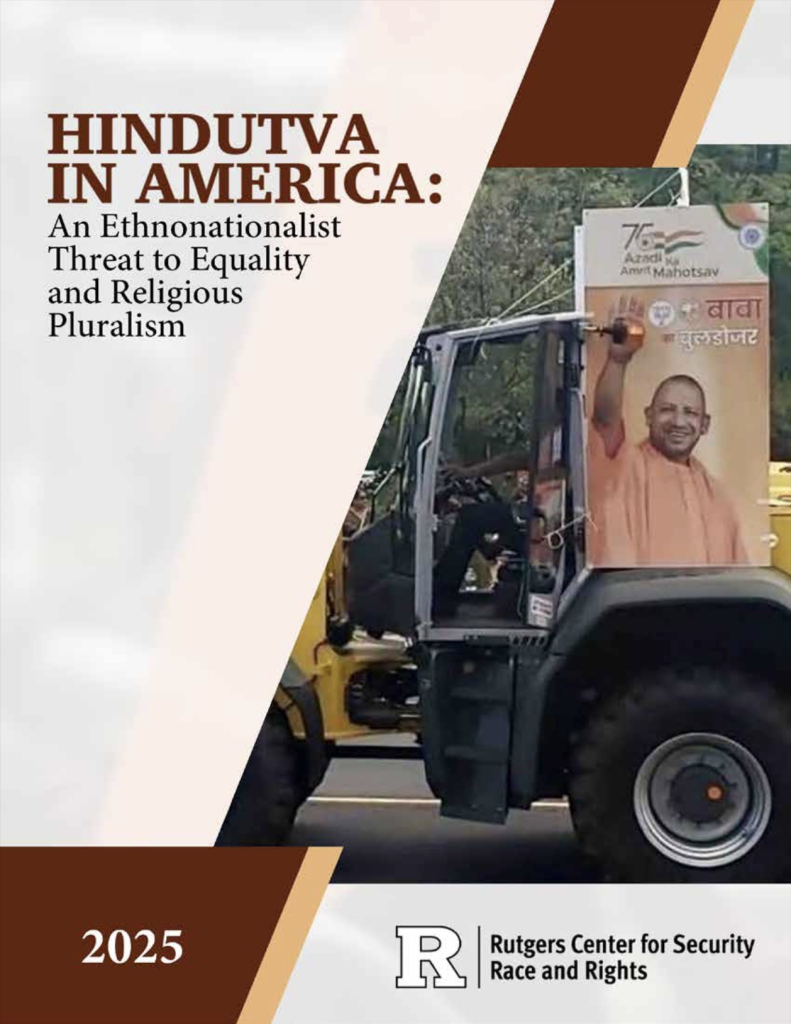
The congressional letter argues that the event and its underlying report blur a distinction between the faith tradition of Hinduism and the political‐ideological construct of Hindutva, thereby risking campus climate issues for Hindu students. The letter states that Hinduism is a "pluralistic and inclusive faith" and urges the institution to make clear that the university is not endorsing the specific views presented by the organisers. According to a news summary, the letter emphasises that while Hindutva may be treated as a political ideology, its conflation with Hindu identity can hamper religious freedom and diversity.
Rutgers has defended the event as a valid exercise of academic inquiry and debate. The university’s event listing describes the panel as a launch for the CSRR report "Hindutva in America: A Threat to Equality and Religious Pluralism", which argues that the ideology of Hindutva is distinct from Hinduism and poses challenges to American pluralism by promoting exclusionary political agendas. The report says Hindutva in the U. S. draws on networks originating in India and aims to marginalise religious minorities such as Muslims and Sikhs, alleging that some groups attempt to influence South Asia‐related narratives and undermine academic freedom.
Critics of the report, including the Hindu American Foundation and the Coalition of Hindus of North America, claim the study uses flawed methodology, misrepresents Hindu organisations, and fails to consult Hindu American scholars. HAF stated that the report repeatedly uses terms like “supremacist” and “extremist” to describe Hindu‐American advocacy groups without presenting robust empirical evidence. CoHNA described the event as creating an atmosphere of suspicion toward Hindu students and urged Rutgers to remove its official logos and clarify the university’s role in the event.
The four lawmakers — identified in community statements as Representatives Suhas Subramanyam, Shree Thanedar, Rich McCormick and Stanford Bishop — expressed bipartisan concern about the implications of the event for Hindu students’ welfare and for broader campus inclusion efforts. The letter notes that the university should clearly distinguish between extremist ideologies and the beliefs of ordinary practitioners of a faith. Around the same time, some Hindu‐American advocacy groups noted a spike in online harassment and attributed part of that climate to the narrative framing of the event.
On the opposing side, proponents of the report argue that academic institutions have a duty to investigate transnational ideologies and their impact on minority communities and pluralism. They note that the CSRR report provides five key recommendations including increased transparency for diaspora organisations that may act as proxies, federal oversight of such networks, and university-level protections against ideology-based discrimination. Rutgers’ listing of the event confirms that the panel is part of an “expert panel as part of the launch of [the] report”.
The dispute echoes an earlier clash in the United States over the relationships among diaspora organisations, foreign political influences, and university research on religious or ethnic communities. For example, U. S.–based scholars of South Asia have previously cited concerns that academic inquiry into Hindu nationalism has exposed them to coordinated campaign responses from Hindu‐identifying students and organisations, which they say risk chilling free inquiry. On the flip side, Hindu‐American organisations view themselves as being unfairly targeted by campus narratives that equate advocacy or cultural groups with extremist political ideologies.
Rutgers faces pressure from multiple directions. Some student groups and community advocates are calling for the university to publish a statement clarifying that the event does not necessarily reflect the institution’s views, that university branding should not imply endorsement, and that safeguards be put in place to protect students who may feel singled out by the framing. At the same time, defenders of the event stress the priority of academic freedom and the value of public scholarly debate on ideologies that intersect diaspora politics, minorities and pluralism.
